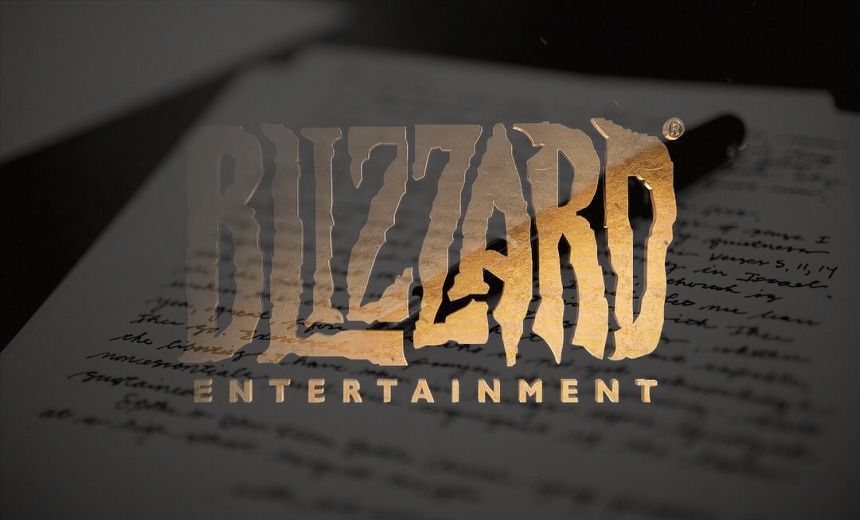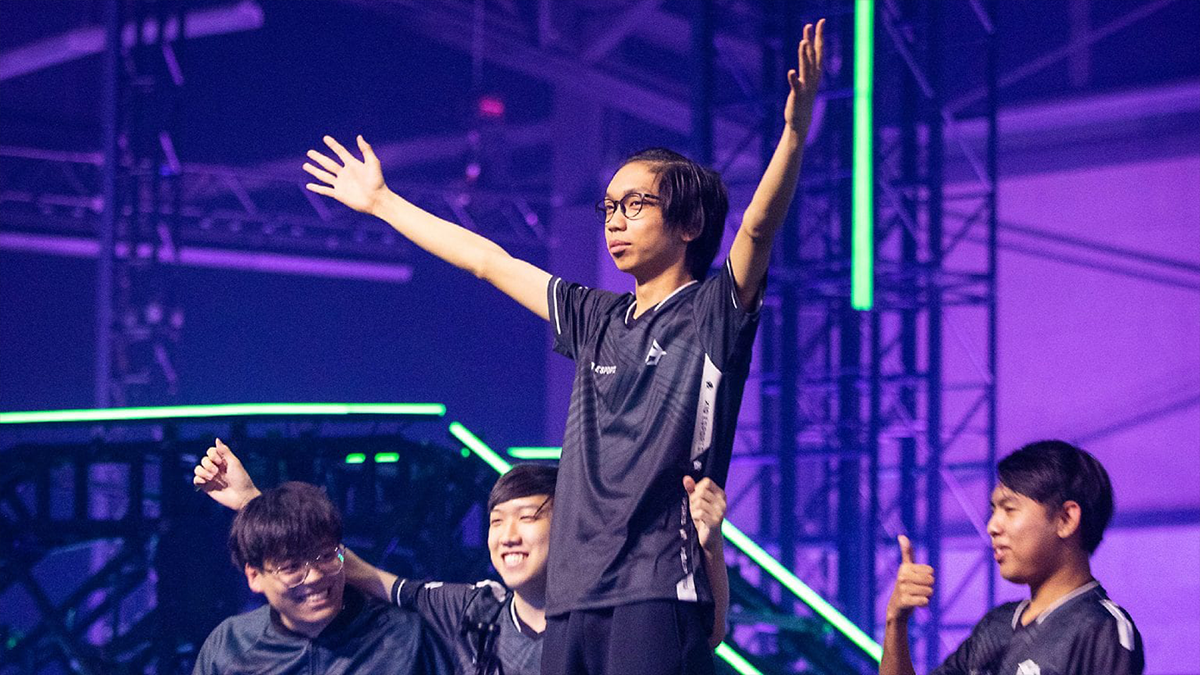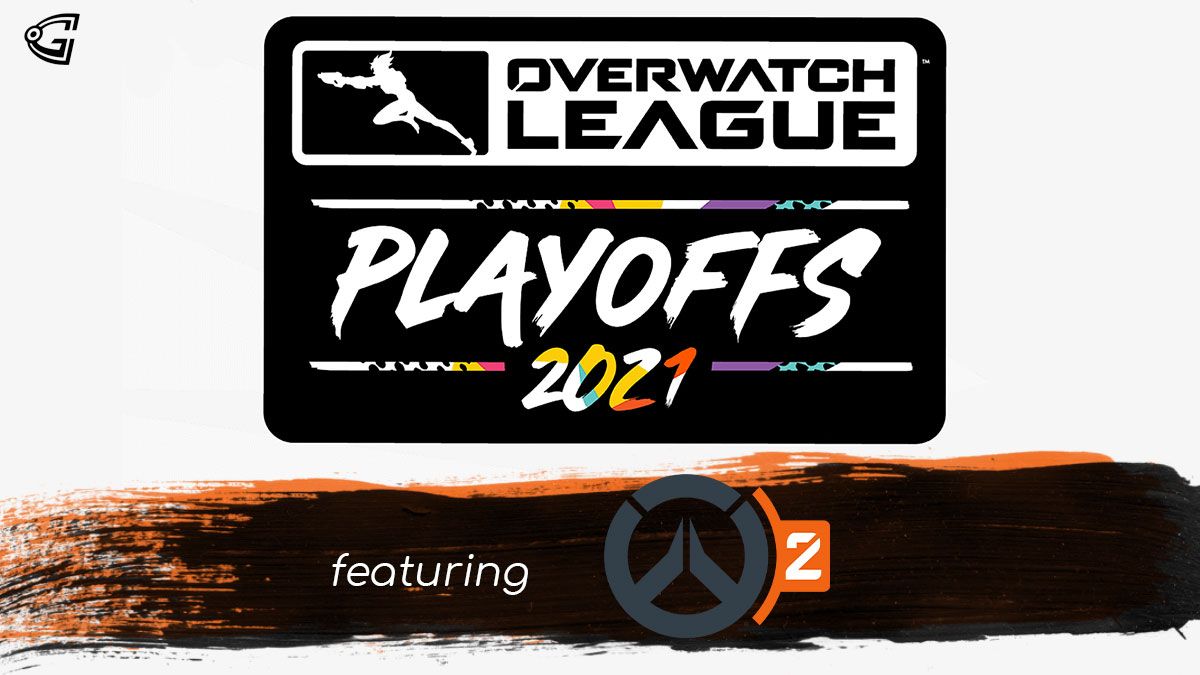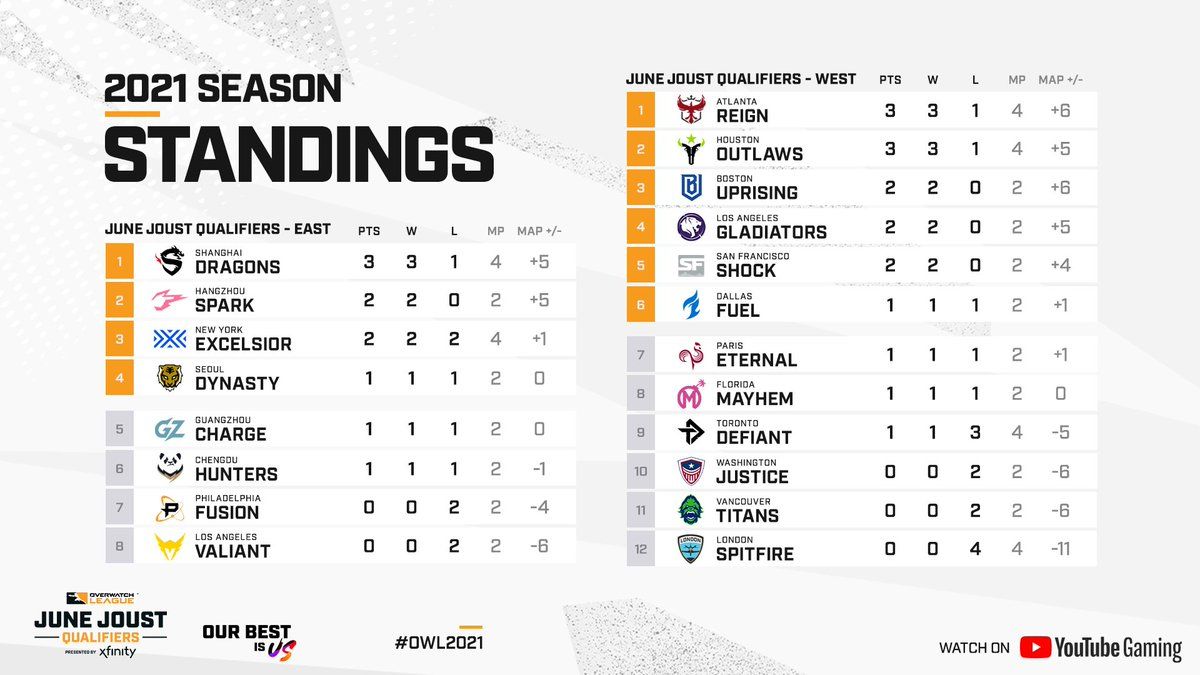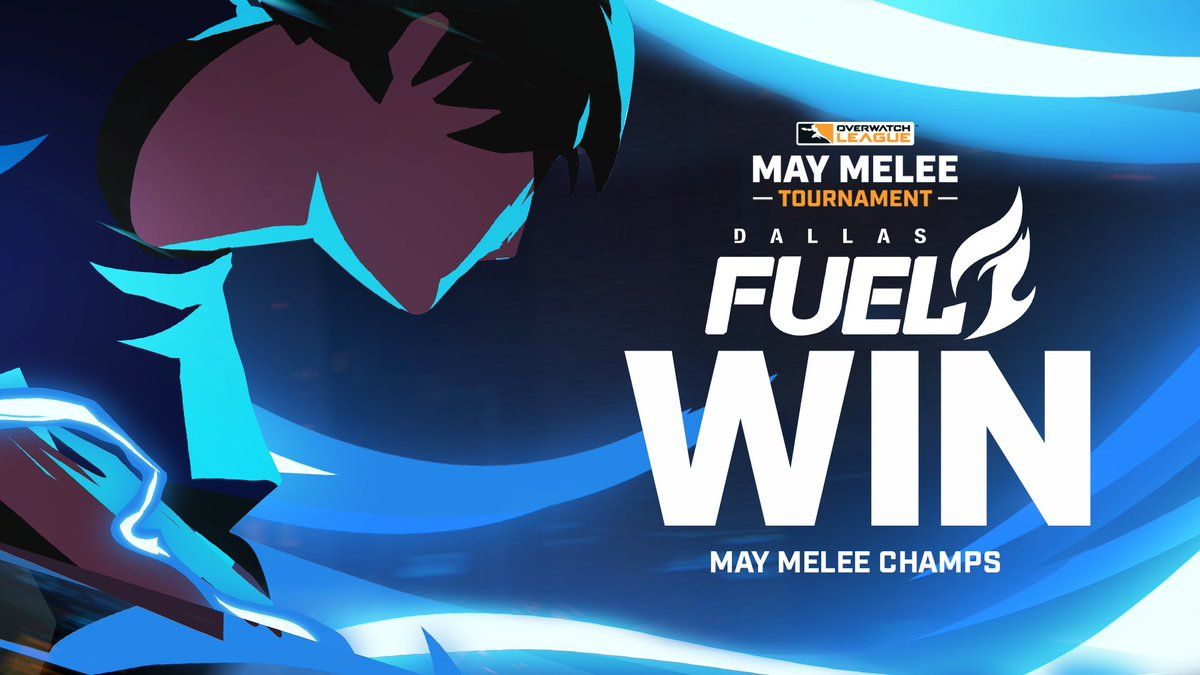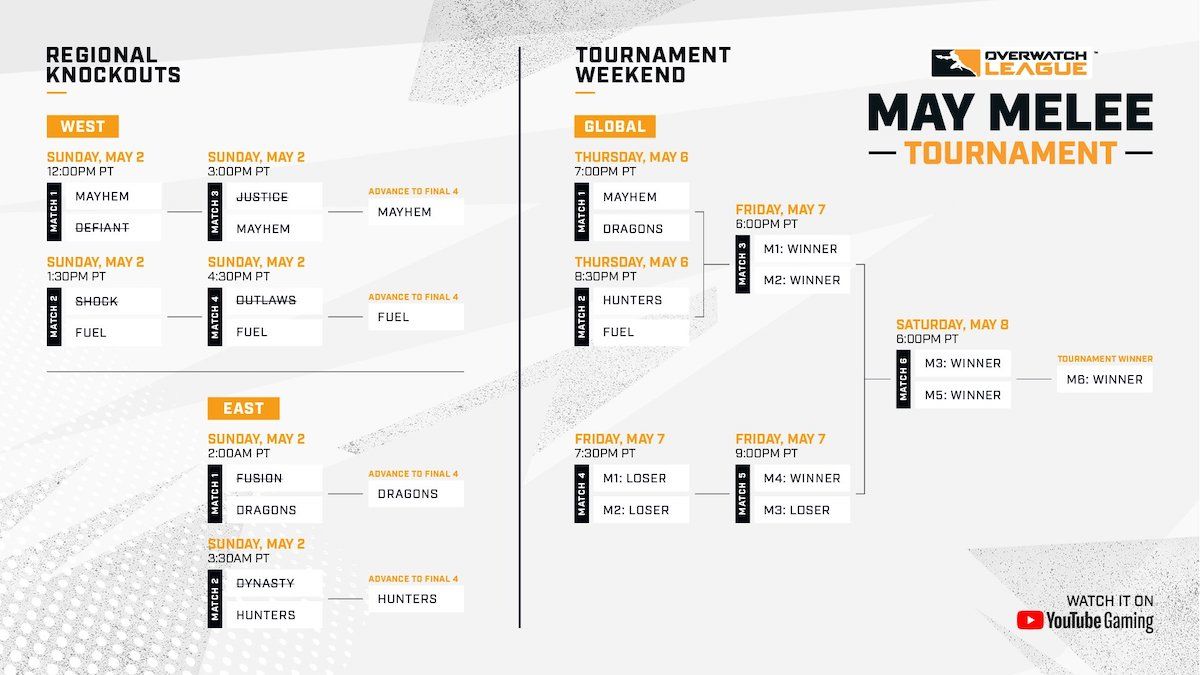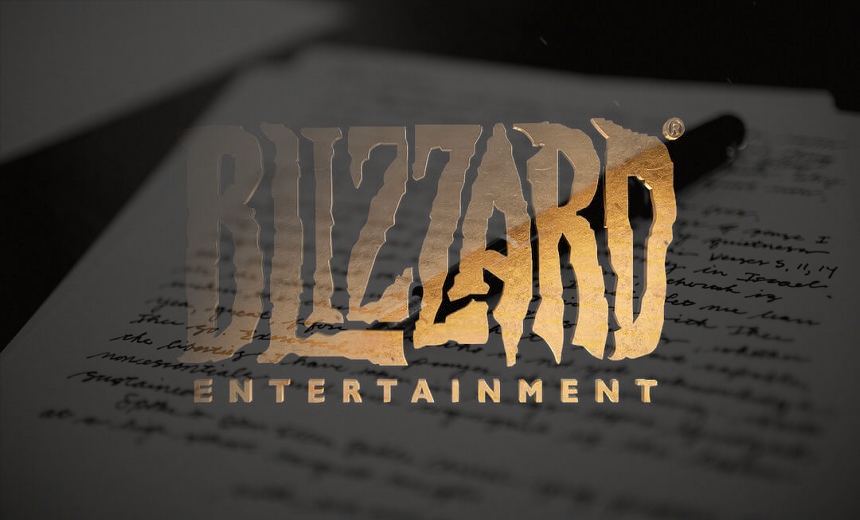
Dear Blizzard,
During my junior fall in college, I witnessed Fnatic’s CounterStrike team become the first team to win two majors. I wish I could tell you I had been a long time CS player, or I had followed Olofmeister and Krimz since the LGB days. The truth is I had no idea who any of the players were and had no clue the AK-47 was a 1-shot headshot. In fact, I had never played Counterstrike. Yet, I spent the greater part of my reading period glued to my computer screen, entranced by the casters and players as history was made before me.
Fast forward almost a year and a half, I once again find myself a part of history. Overwatch is more than a game; it has become a movement. Overwatch has accomplished so much in the short months it has been out, displacing League of Legends as the most played game in Korean PC Bangs and featuring in Turner Broadcasting System’s upcoming ELEAGUE.
In a game where obscure stats ... are recorded, spectators have frighteningly little access to the plethora of available information.
For all of the success, Overwatch is missing something. It’s not immediately noticeable, but compare Counter Strike, League of Legends, and DotA broadcasts to Overwatch broadcasts, and it’ll dawn on you. In a game where obscure stats, like the percentage of hooks hit and the number of helix rocket kills, are recorded, spectators have frighteningly little access to the plethora of available information.
I know you reached out to us about improving the way the game is viewed, but the issue extends beyond simple viewership. At its core, the lack of features in the current observer mode is holding the community back in its development, but don’t listen to Scr1be the writer…
The Analyst
As an analyst, I need a better observer mode because the meta is literally a numbers game. Performance cannot be isolated to a little bar at the bottom left side of the HUD. How much damage is he doing? How influential has the Pharah been? Who puts out more consistent healing, Lucio or Zenyatta? My career is built around using the figures available to me to draw conclusions from the jumble of numbers and percentages.
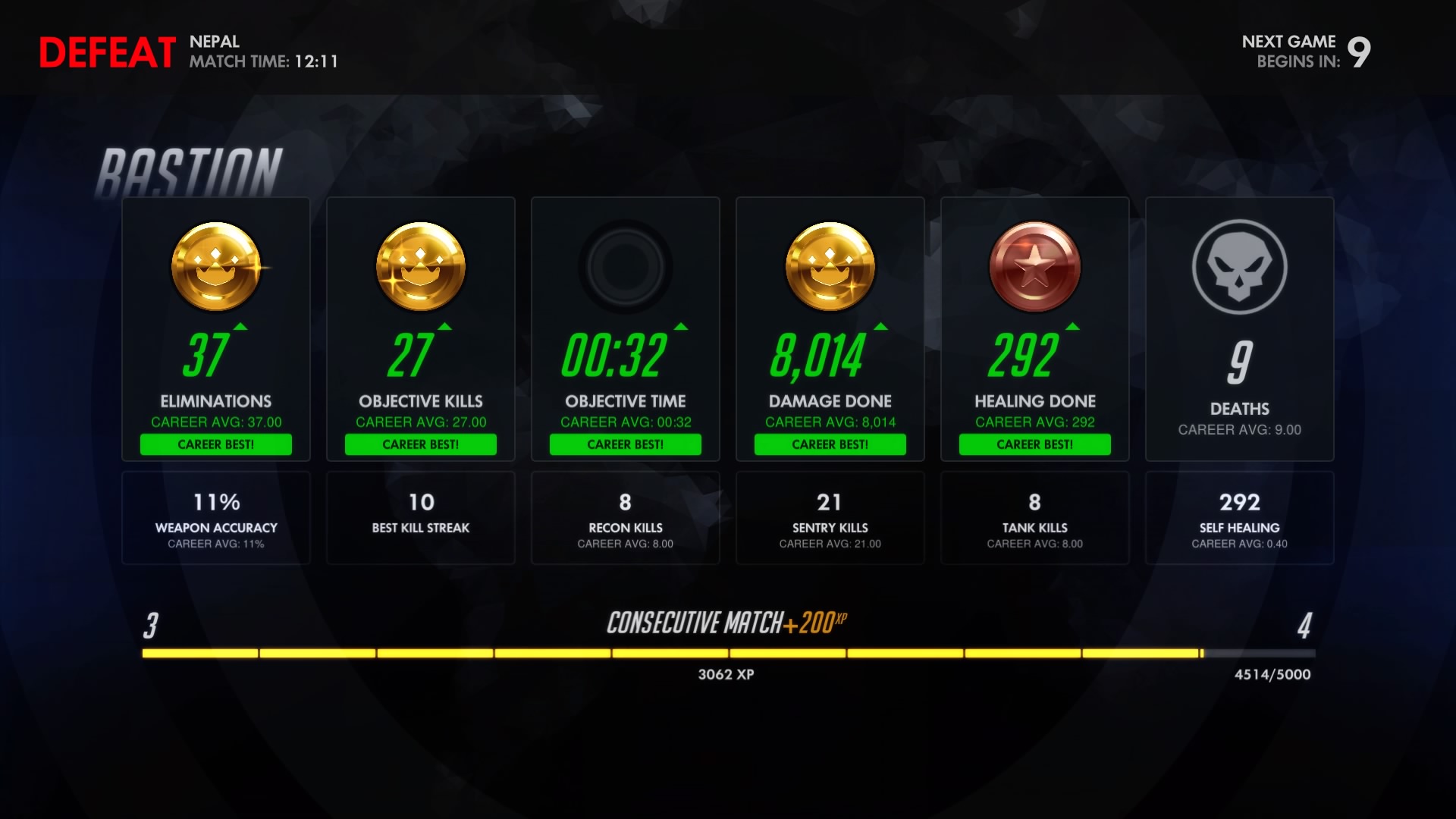
Beyond static numbers, the purpose of a better observer system would be to deliver these stats dynamically. By allowing viewers access to live updated damage calculations, we can better understand the trends of specific moments in games. If we wanted to know how effective EnvyUs was executing on the first point of King’s Row, we have the ability to break it down from a healing and damage point of view. We turn the game from a single end game screen to a continuous source of information, where every moment can be broken down in context and out of it.
The science behind the game needs to evolve as well.
But why do we need to help analysts? We only need to look at major league baseball. Billy Beane changed the sport through sabermetrics, breaking down performance into categories no one had ever imagined before. On-base percentage. Slugging percentage. These are statistics no one had ever imagined to use. eSports is no different. In a world, where eSports has started to make its way into mainstream media, the science behind the game needs to evolve as well. Teams have already started to incorporate analysts and team psychiatrists in their journey to become the best. Why not give them the tools to push the game further? And believe me, after the recent run Envy has been on, teams will be looking for any way to beat them.
The Viewer
Information isn’t just about statistics; it is also the visual information the audience can take in. Overwatch is an extremely vibrant and colorful game, which plays to its benefit. However, from an viewer’s point of view, the character models and intricate environments can become hindering to the main action. Take, for example, the combination of Zenyatta ultimate and a Hanzo ultimate. While having the projectile and animations be translucent for the player using them makes sense, from a viewer perspective, this visual clutter hides what is actually going on. With the meta shifting into an increased emphasis on wombo-combo executions, allowing the observer to have a clear idea of what exactly is going on could be beneficial for both improving understanding and just remaining involved in the action.
Creating a comfortable way to convey information goes a long way to bring the audience into the action.
Creating an easy to read interface is already half of the information battle. Icons indicating Ultimate availability. Notifications indicating hero switching. There are a lot of ways a well-developed UI could help make the game more understandable. Creating a comfortable way to convey information goes a long way to bring the audience into the action.
From a more production based standpoint, adding static cameras and allowing for more encompassing top down views reduces the timing needed to set up specific teamfight angles and improves overall visibility. But honestly, I think you know all this.
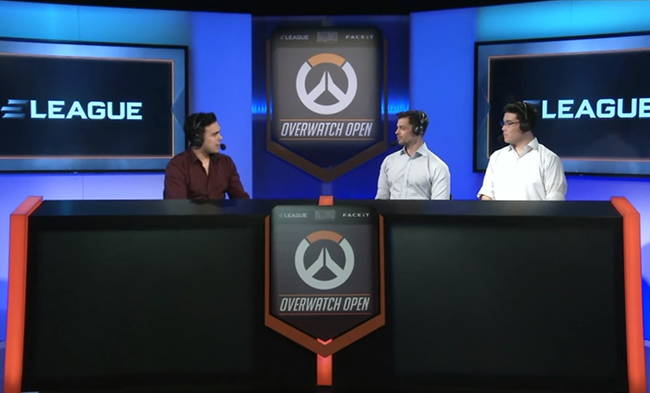
The Caster
I personally love Overtalk. But I guarantee the rest of Twitch chat has heard enough of it. Watch any other game’s casting and see graphs and statistics. These aren’t just models used for the sake of taking up space. This is what storylines are built off of.
Our casters are our storytellers. For the audience, who may not be privy to all the knowledge available, casters transform these numbers into plotlines and character development. In ESL One Katowice, I wasn’t blown away by seeing how many kills Olofmeister had, but by the metrics on how dominant he was in each game. Average Damage per Round. Percentage of Entry Duels won. These numbers painted a story for me. I was sucked into a tournament where it wasn’t only about the performance of my favorite team, but the performance of my favorite player.
Statistics creates a legacy, not unlike a television series. Each tournament becomes an episode we are so hungry to devour. We start asking the right questions. “How does his performance at this major compare to last month’s?” “Has the transfer of this support affected the performance of the team’s DPS?” Giving casters the ability to craft these storylines keeps the community involved and keeps them hungry for more.
We cannot miss this opportunity to expose our game to a new audience
And believe me, with the upcoming tournaments at Gamescom and ELEAGUE, we cannot miss this opportunity to expose our game to a new audience, who doesn’t necessarily understand how good a player is on Tracer, but is completely able to be engrossed in a storyline of Envy’s dominance. An audience can be invested in not only Zaprey’s journey to the top of EU Overwatch, but Seagull’s dominance in North America. To do this, we need to give our casters the tools to transforms games into small plotlines and to keep our viewers enticed with relevant statistics.
What Next?
What entranced me that fateful day in college was not the game itself, but how it was portrayed to me. We are making history with Overwatch, but let’s not allow the successes we have experienced stop ourselves from further improvement. We can make this better, and we have the luxury of precedent. League of Legends, Counter Strike, and Dota 2 are all examples of games with strong functioning observer systems to build off of.
Even with all the points made, I’m in no rush. I understand a successful eSport is a game first. Character balance and bug fixing all take precedent over developing a better spectating mode. However, a successful sport is, above all, something that turns bystanders in fans and nobodies into somebodies. With Overwatch, we have a chance to pull casual viewers into the beautiful, brilliant game we all love, creating lifelong aficionados. The balls in your court, Blizzard. Greatness could be only a few patches away.
Yours Truly,
Wilson "Scr1be" Xu
Editor's Note: Thank you so much to the following people for helping me come up with the ideas for this piece:
Mitch "UberShouts" Leslie, Ben "CaptainPlanet" Trautman, and Jason Kaplan
For more competitive Overwatch news, follow us @GosuOverwatch.

